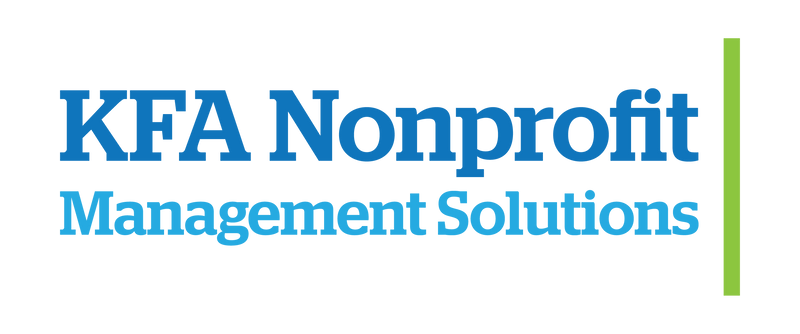There is an excellent pool of funding opportunities from the federal government in this week’s round up. A grant through the USDA has been released to provide U.S. agricultural producers and their families with the knowledge, skills, and tools needed to make informed risk management decisions that enhance the profitability of their operations. The Substance Abuse and Mental Health Services Administration has announced a Statewide Consumer Network Program to improve efforts to address the needs of adults with serious mental illness by developing and/or expanding peer support services, peer leadership, and peer engagement strategies statewide. Funding for research on gang activity and violence is being provided by the National Institute of Justice.
National Institute of Food and Agriculture
Grant Title: Agriculture Risk Management Education
Grant Info: https://www.grants.gov/web/grants/view-opportunity.html?oppId=301020
Details: The primary purpose of the RME program is to provide U.S. agricultural producers and their families, as appropriate, with the knowledge, skills, and tools needed to make informed risk management decisions that enhance the profitability of their operations.
Substance Abuse and Mental Health Services Administration
Grant Title: Statewide Consumer Network Program
Grant Info: https://www.grants.gov/web/grants/view-opportunity.html?oppId=298773
Details: The Substance Abuse and Mental Health Services Administration (SAMHSA), Center for Mental Health Services (CMHS) is accepting applications for fiscal year (FY) 2018 Statewide Consumer Network Program grants (Short Title: SCN). The purpose of this program is to improve efforts to address the needs of adults with serious mental illness (SMI) by developing and/or expanding peer support services, peer leadership, and peer engagement strategies statewide. The population of focus is adults with SMI, including those who are underserved and under-represented (e.g., consumers from ethnic, racial, and cultural minority groups); veterans; individuals who are chronically homeless; individuals with co-occurring disorders (COD) ; sexual orientation and gender identity minorities; and individuals who have been involved in the criminal justice system. It is expected that this program will increase access to and quality of mental health services for adults with SMI; increase the sustainability of consumer-operated organizations; and enhance state capacity and infrastructure to support the recovery of adults with SMI and their families. The SCN grant program builds upon prior work of SAMHSA to establish recovery-oriented, consumer-driven services for adults with SMI. Although significant progress has been made, further support is needed to ensure the development of self-sufficient, empowered networks throughout a state. By developing appropriate training, education, resources, collaboration, and tools, statewide consumer networks are best poised to bring peer voice, guidance, and foresight into systems change. The goals of the SCN Program are: • Improve quality of and access to statewide peer support and recovery-oriented, integrated, and coordinated treatment, services, and supports. • Emphasize and build statewide consumer leadership within consumer-operated organizations and in the community. • Build capacity and sustainability of statewide consumer networks. • Work with policy makers, service providers, and other stakeholders to fully support the needs of adults with SMI and their families. 1) Consumer is defined as an individual 18 years of age or older with serious mental illness (SMI) and/or who has received services from the public mental health system as a result of a diagnosis of a mental disorder. See Appendix M: Glossary. 2) Serious mental illness (SMI) refers to persons age 18 and older who meet the following criteria: (1) At any time during the past year has met the criteria for a mental disorder, including within developmental and cultural contexts, as specified within a recognized diagnostic classification system (e.g., DSM-V); and (2) Displays a functional impairment, as determined by a standardized measure, which impedes progress towards recovery and substantially interferes with or limits the person’s role or functioning in family, school, employment, relationships, or community activities. See Appendix M: Glossary. 3) Co-occurring disorder refers to the presence of both a mental and substance use disorder. 4) Consumer-operated refers to an organization that is controlled and managed by mental health consumers and dedicated to improving mental health and ensuring that recovery support services are consumer-driven. A consumer-operated organization must have a board of directors comprised of more than 50 percent consumers. See Appendix M: Glossary.
National Institute of Justice
Grant Title: NIJ FY18 Research and Evaluation on Gangs and Gang Violence
Grant Info: https://www.grants.gov/web/grants/view-opportunity.html?oppId=301023
Details: NIJ is seeking applications for research and program evaluation projects that inform efforts to reduce street gang activity and violence in the United States. Gangs and gang members are responsible for a large amount of crime and violence in many localities, and are responsible for a disproportionate share in those communities most afflicted by crime and violence. NIJ will support scientifically rigorous research and evaluation projects designed to produce findings with high practical utility for gang prevention, intervention, enforcement, or reentry strategies. This solicitation supports the U.S. Department of Justice's priority to prevent and reduce crime.
